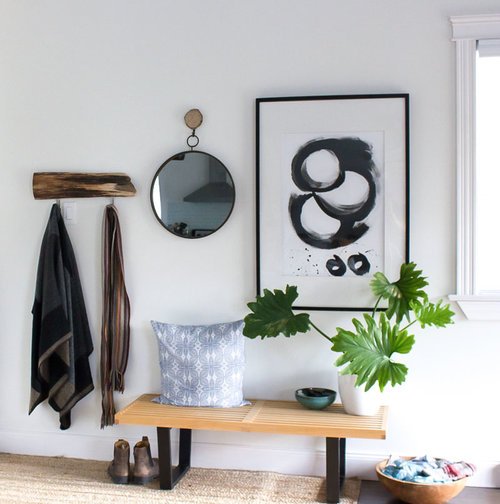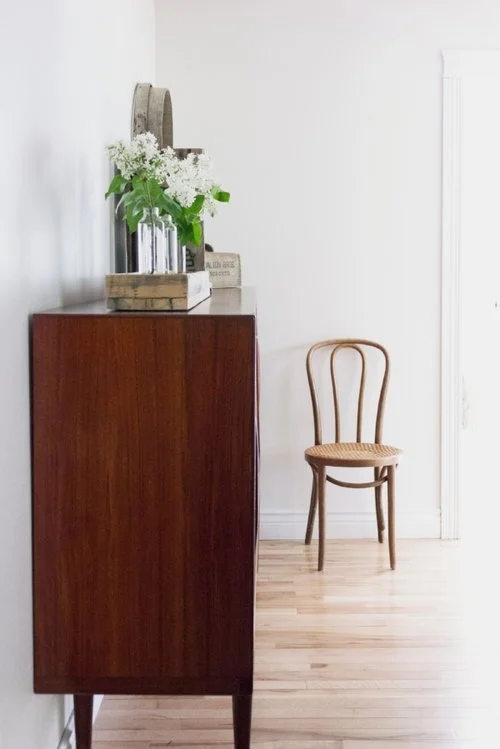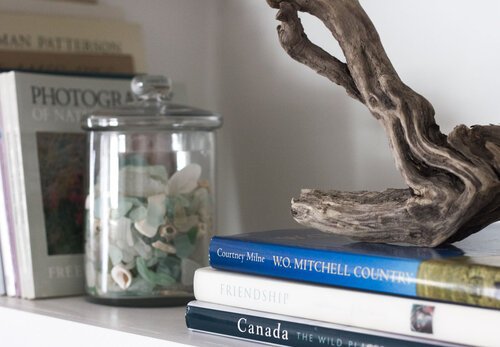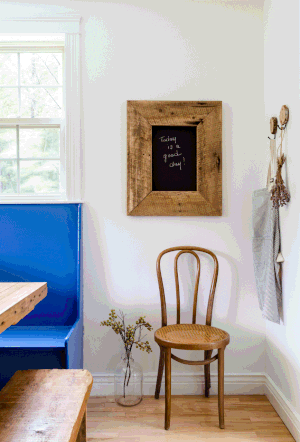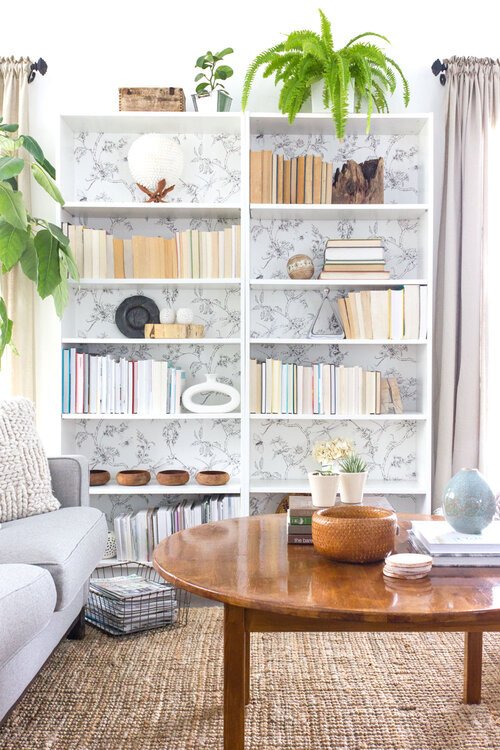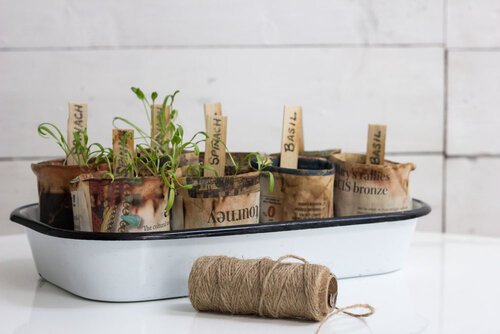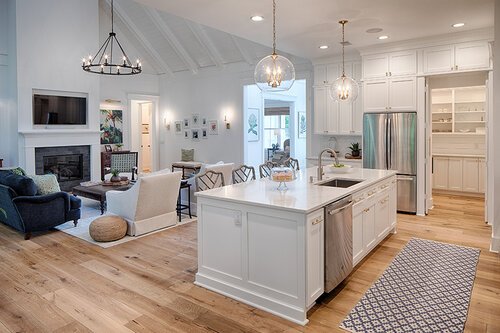Declutter Without The Guilt
Decluttering your home is a very healthy process to clear out stuff that has accumulated but that doesn't add value to your life or allow you to fully thrive. I believe that if we can make a little more space in our homes, it also brings more space and clarity to our minds and souls, thereby allowing us to gain more of those precious moments of stillness so we can connect to the Greater Whole.
But decluttering can be hard.
Even if you get past the effort and time it takes, the guilt can stop you from making the progress you want to see.
Guilt associated with getting rid of things could be due to the desire to cling to precious memories, the remorse in giving away gifts from others, the shame in spending hard-earned dollars on something that's now going to waste, or the fear of guilt of having to buy something all over again should you need it “someday”.
Wherever your guilt is coming from, it's helpful to break it down into rational reasons why it would be more positive to remove the clutter than to keep it.
7 REASONS WHY YOU SHOULDN’T FEEL GUILTY ABOUT REMOVING THINGS FROM YOUR LIFE
1. Clutter blocks energy and good things from coming into your life, including abundance.
Too much 'stuff' that we don't use regularly or that doesn't bring us joy on a daily basis has a profound effect on our mental health, mood, and self-esteem. Science says that clutter makes it difficult for us to relax, creates feelings of guilt or embarrassment, and constantly signals that our work is never done. Feng shui says that:
clutter blocks and drains you of positive energy.
storing things above you (in an attic for example) creates feelings of being pressed down on, resulting in anxiety and overwhelm.
clutter under you (ex. in a basement) signifies procrastination and unfinished projects
clutter in a closet or cabinet that is filled completely blocks the flow of chi into your home and life.
So open up some space to let energy and new good things flow into your life!
2. The more stuff you keep that isn't useful or joyful to you, the less space you have in your mind for better things.
Not only does your clutter take up valuable space in your home, it's also always in the back of your mind that this thing is here with you in your home and you therefore need to either remember where it's stored or take care of it if it's out in the open. It seems inconsequential, but when tiny pieces of your brain are used up for these things, there's less of it available to focus on what you really want to be doing. So get unnecessary things out of your home and off your mind.
3. Memories live in you, not in things.
The memory of a loved one can be triggered by keeping just one or two things that remind you of them. A whole box of stuff doesn't mean you remember or love them any more than a few favourite things. Choose your favourites and display them out where you’ll see and enjoy them. You can talk about your loved one when someone comments on the piece. Keeping those memories alive within you, not within a box in the basement that you never look at, is what really keeps loved ones (past and present) close.
4. Gifts that you hang onto but that don't bring you joy will only make you feel unhappy/anxious/irritated/resentful instead of thankful.
Accepting a gift in the first place is really what counts; the giver simply wants to show you love and appreciation. So say thank you, be genuinely grateful, feel warm and fuzzy because they gave you a gift at all, and then pass the gift on so that others will be able to get joy from it. You don’t need to feel guilt over not keeping the physical item. Keep the sentiment. It’s what counts.
5. Less doesn't mean none.
Keeping every piece of china that was handed down to you from family doesn't honour them any more than keeping just one or two of your favourite pieces and displaying or using them proudly. So if your storage space is crammed with family heirlooms that you don’t use, consider passing them on.
6. It's only wasteful if you keep buying more.
I understand it can be difficult to get rid of things you forked out your hard-earned cash to buy in the first place. But the money is gone, so holding on to it but not using it isn’t going to make it a good use of your cash. A better option is to try and sell any big-ticket items to make back at least some of the money, donate the rest so others can find what they need at a good price, and then enjoy the benefits of not being tied down by another item you have to store and/or take care of. THEN…and here’s the critical part…make it a rule that you won't waste more money and environmental resources from here on in by purchasing things that you don't truly love or absolutely need.
7. “Just in case” rarely ever comes.
It’s well studied that most of the things we hang onto “just in case I might need it someday” will never ever be used. The Minimalists have a good rule: if you can buy something you might need that’s under $20 and you can get it within a 20 minute drive, don’t keep it. If “someday” ever comes and you really need that item, you can go purchase it again or, better yet, borrow it from a friend or neighbor.
When it comes to bigger-ticket items that you’re holding onto “just in case”, but that take up a lot of space and you never or rarely use them, think about forming a circle of family/friends/neighbors and each of you holding onto only one of each of these kinds of things. Then, should anyone need it, you can simply borrow it.
Owning less stuff gives us freedom, helps us save time and allows us to feel lighter. To avoid the guilt of getting rid of your things, be grateful for it and be joyful that someone else will now be able to put it to good use. As Marie Kondo says “thank it and let it go.”





